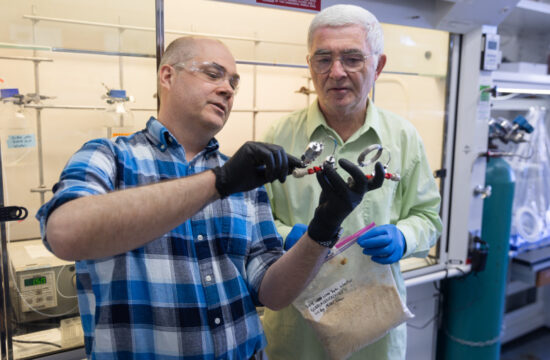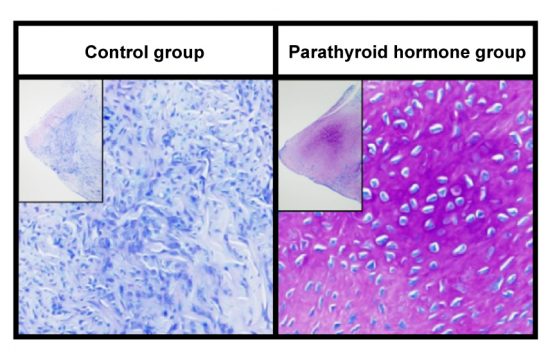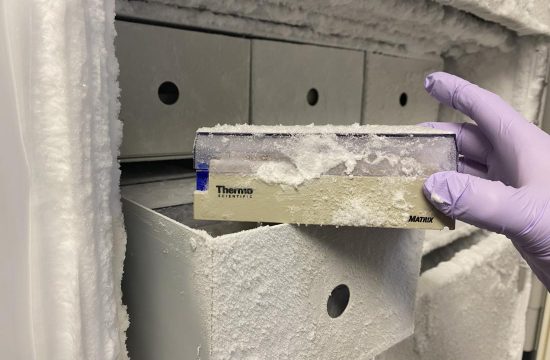 According to a new study done by Dana-Farber Cancer Institute, investigators demonstrate that vitamin D can protect the people suffering from colorectal cancer by perking up the immune system’s vigilance against tumor cells. Colorectal cancer is a term for cancer that starts in either the colon or the rectum.
According to a new study done by Dana-Farber Cancer Institute, investigators demonstrate that vitamin D can protect the people suffering from colorectal cancer by perking up the immune system’s vigilance against tumor cells. Colorectal cancer is a term for cancer that starts in either the colon or the rectum.
The research, published by the journal Gut, represents the first time that a link between vitamin D and the immune response to cancer has been shown in a large human population. The finding adds to a growing body of research showing that vitamin D – known as the “sunshine vitamin” because it is produced by the body in response to sunlight exposure – plays a key role in cancer prevention.
“People with high levels of vitamin D in their bloodstream have a lower overall risk of developing colorectal cancer,” said the study’s senior author, Shuji Ogino, MD, PhD, MS, of Dana-Farber, Harvard School of Public Health, and Brigham and Women’s Hospital. “Laboratory research suggests that vitamin D boosts immune system function by activating T cells that recognize and attack cancer cells. In this study, we wanted to determine if these two phenomena are related: Does vitamin D’s role in the immune system account for the lower rates of colorectal cancer in people with high circulating levels of the vitamin?”
Ogino and his colleagues theorized that if the two phenomena were connected, then people with high levels of vitamin D would be less likely to develop colorectal tumors that are permeated with large numbers of immune system cells. Colorectal tumors that do develop in these individuals would, by the same logic, be more resistant to the immune response.
To determine if this is indeed the case, the research team drew on data from 170,000 participants in the Nurses’ Health Study and Health Professionals Follow-up Study, two long-term health-tracking research projects. Within this population, researchers compared carefully selected groups of 318 colorectal cancer patients and 624 individuals who were free of cancer. All 942 of them had blood samples drawn in the 1990s, before any developed cancer. The investigators tested these samples for 25-hydroxyvitamin D, (abbreviated 25(OH)D), a substance produced in the liver from vitamin D.
They found that patients with high amounts of 25(OH)D indeed had a lower-than-average risk of developing colorectal tumors that were enriched with immune system cells.
“This is the first study to show evidence of the effect of vitamin D on anti-cancer immune function in actual patients, and vindicates basic laboratory discoveries that vitamin D can interact with the immune system to raise the body’s defenses against cancer,” Ogino said. “In the future, we may be able to predict how increasing an individual’s vitamin D intake and immune function can reduce his or her risk of colorectal cancer.”
Key words
perking: become or make more cheerful, lively, or interesting.
vigilance: the action or state of keeping careful watch for possible danger or difficulties.
colon: the middle and longest part of the large intestine.
rectum: the final section of the large intestine, terminating at the anus.
vindicates: clear (someone) of blame or suspicion; show or prove to be right, reasonable, or justified.








